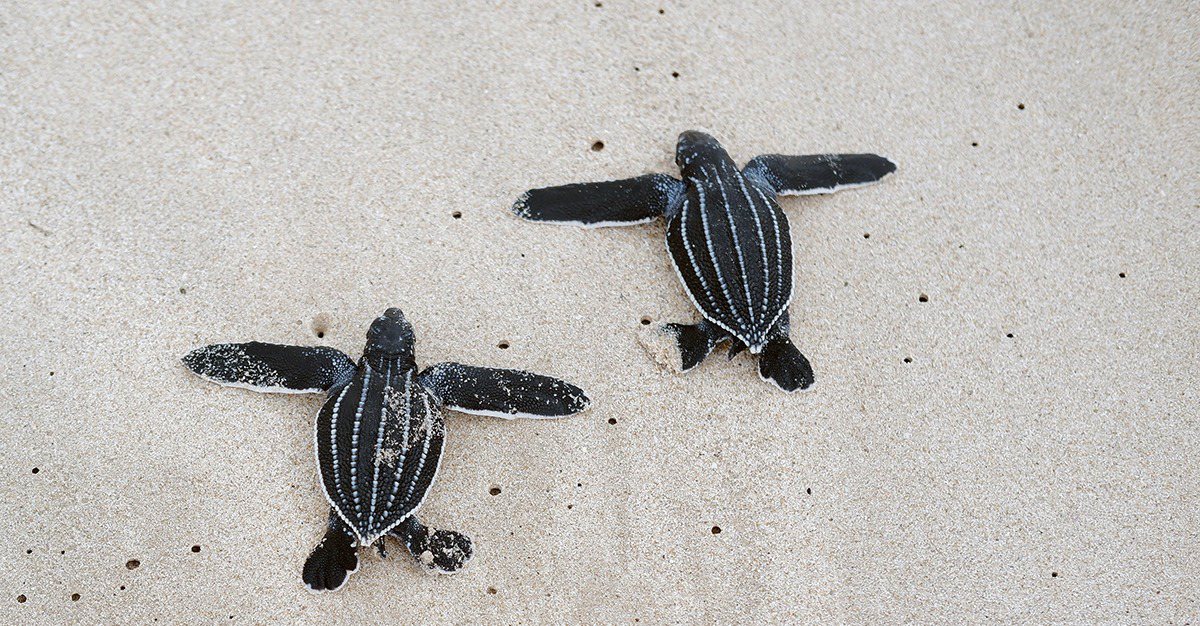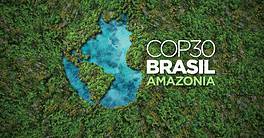A military coup overshadows Africa’s first-ever deal involving private creditors to refinance $500 million of Gabon’s sovereign debt.

Bank of America Corporation recently completed its first debt-for-nature transaction in Africa. This was Africa’s first-ever deal involving private creditors to refinance $500 million of Gabon’s sovereign debt.
The Charlotte, North Carolina–based bank entered a market once controlled by Credit Suisse, starting what will be a 15-year-long conservation and refinancing project. The arrangement effectively reduces the interest rate on Gabon’s debt, estimated to be 52.6 % of GDP in 2022 by the World Bank. It also extends the repayment timelines, due to the political insurance provided by the International Development Finance Corporation, a development agency backed by the US government.
Gabon plans to spend at least $125 million to widen a marine reserve and strengthen fishing regulations, which could help protect a third of the world’s endangered leatherback turtles. Advocates of these agreements anticipate an overhaul of the financial framework for developing countries exploring inventive strategies to handle their expensive debt financing. Debt-for-nature swaps involve indebted developing countries collaborating with Western banks, conservationists and developing-finance institutions, resulting in the partial repayment of existing sovereign debt, which is then replaced by a fresh loan carrying a lower interest and extended maturity.
Gabon repurchased three bonds with a combined nominal value of $500 million—one maturing in 2025, and two in 2031. These buybacks represented approximately 4% of Gabon’s overall debt, according to Moody’s. The Nature Conservancy, a nonprofit organization, helped arrange the deal.
The formidable challenges that our marine ecosystems confront have been duly acknowledged by the United Nations’ Sustainable Development Goals (SDGs). “Goal 14” is focused on the conservation and responsible use of oceans, seas and marine resources to foster sustainable progress.
Within this context, blue bonds emerge as debt instruments issued by governments and developing banks, securing capital from investors for financing projects centered around marine- and ocean-related endeavors that yield positive ecological, economic and climate-related outcomes.
BofA’s objective is, by 2030, to channel and utilize $1.5 trillion toward advancing the 193 SDGs agreed upon in 2015. A significant portion—$1 trillion—is targeted to assisting clients in reducing their carbon emissions.



